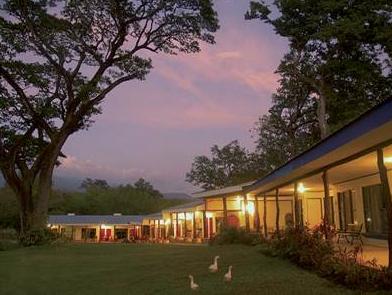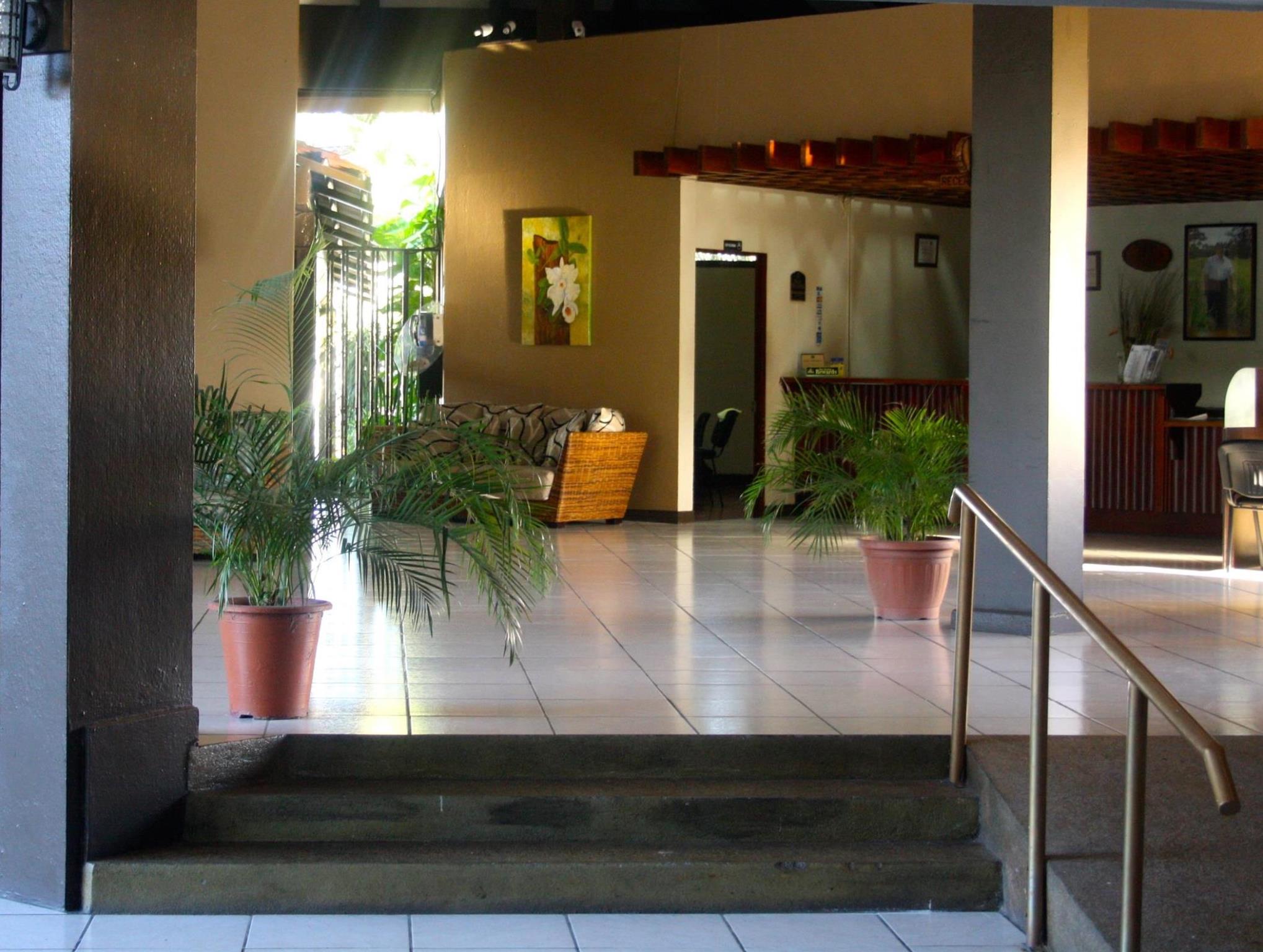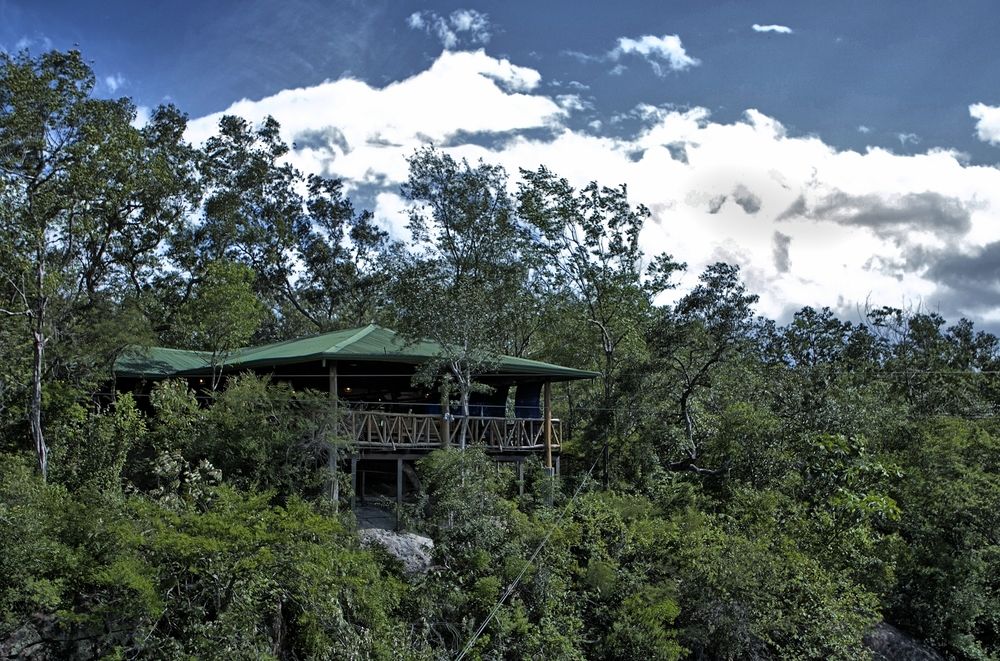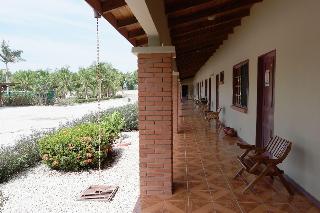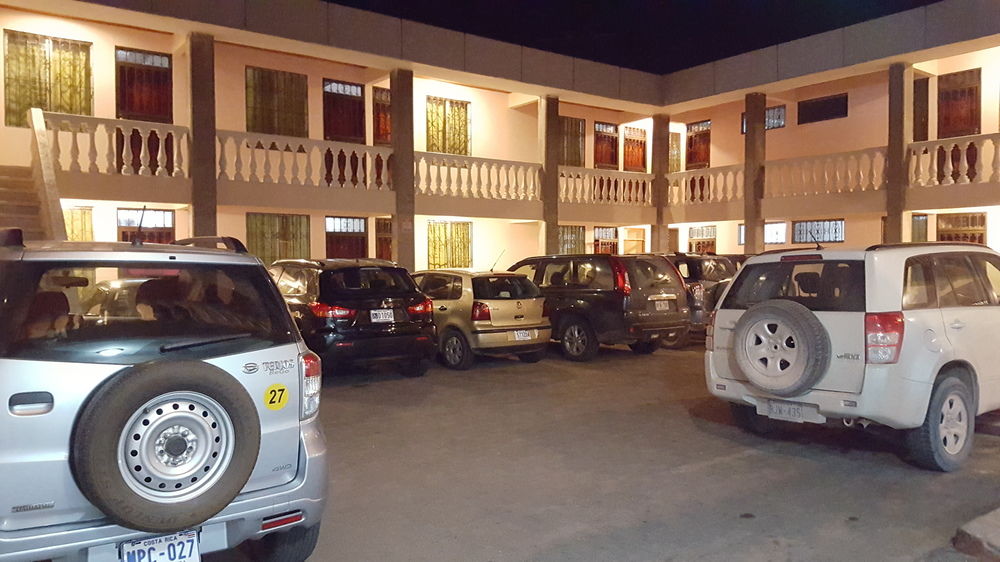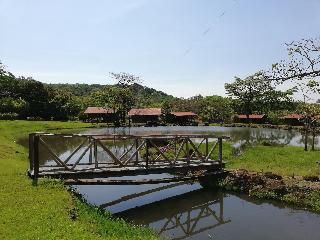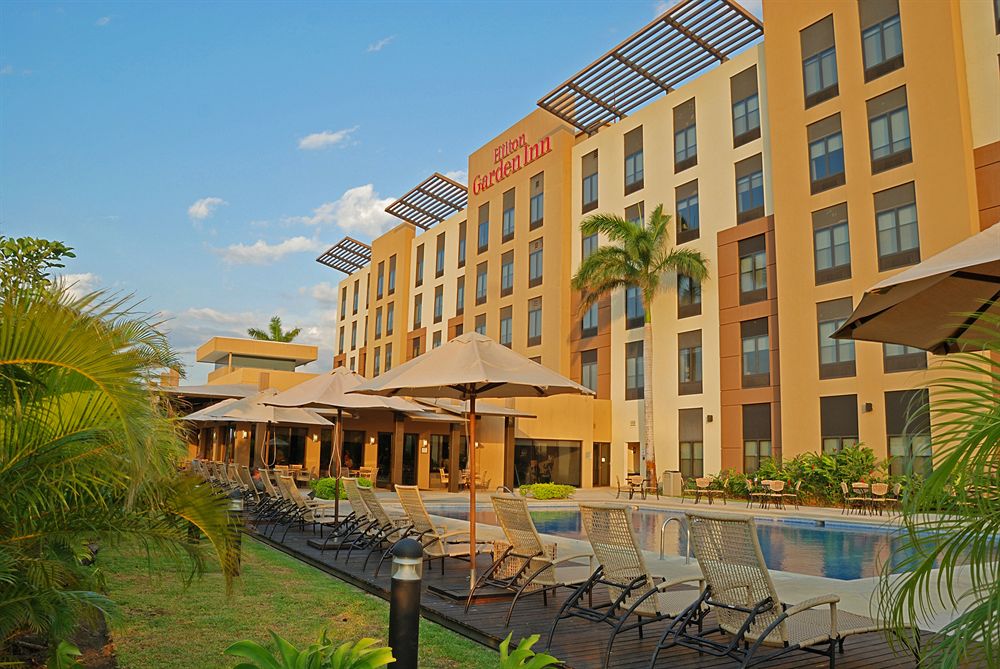
リベリアホテル検索結果
AIが見つけた軒のホテルの最安値をご覧ください。
ベストホテル
最安値のホテル
ホテル等級
AIおすすめ
リベリアベストホテル
リベリア 最低価格のホテル
最高評価のホテル
リベリアにある4つ星ホテル
リベリアにある3つ星ホテル
AIがおすすめする世界の旅行先
リベリア近くのホテル情報
リベリア 旅行に欠かせない情報
Liberia ( ( listen)), officially the Republic of Liberia, is a country on the West African coast. It is bordered by Sierra Leone to its west, Guinea to its north and Ivory Coast to its east, the Atlantic Ocean to its south. It covers an area of 111,369 square kilometers (43,000 sq mi) and has a population of around 4,700,000 people. English is the official language and over 20 indigenous languages are spoken, representing the numerous ethnic groups who make up more than 95% of the population. The country's capital and largest city is Monrovia.
The Republic of Liberia began as a settlement of the American Colonization Society (ACS), who believed black people would face better chances for freedom and prosperity in Africa than in the United States. The country declared its independence on July 26, 1847. The U.S. did not recognize Liberia's independence until February 5, 1862, during the American Civil War. Between January 7, 1822, and the American Civil War, more than 15,000 freed and free-born black people who faced legislated limits in the U.S., and 3,198 Afro-Caribbeans, relocated to the settlement. The black settlers carried their culture and tradition with them to Liberia. The Liberian constitution and flag were modeled after those of the U.S. On January 3, 1848, Joseph Jenkins Roberts, a wealthy, free-born African American from Virginia who settled in Liberia, was elected as Liberia's first president after the people proclaimed independence.Liberia was the first African republic to proclaim its independence, and is Africa's first and oldest modern republic. Liberia retained its independence during the Scramble for Africa. During World War II, Liberia supported the United States war efforts against Germany and in turn, the U.S. invested in considerable infrastructure in Liberia to help its war effort, which also aided the country in modernizing and improving its major air transportation facilities. In addition, President William Tubman encouraged economic changes.
 時間 UTC-06
時間 UTC-06 通貨 CRC
通貨 CRC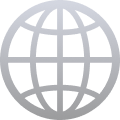 言語 Spanish, English
言語 Spanish, EnglishStaypiaだけの特別な特典
リアルタイムホテル最安値比較
AIが見つけたin リベリアの軒のホテルのリアルタイム最安値を簡単に比較検索できます。
316万軒のホテルを最安値で予約
最低価格に最大31%追加メンバーシップ割引でさらにお得にご予約いただけます。
自分だけの
AIがリアルタイムで更新するリベリア旅行情報で便利に旅行を準備しましょう。
よくある質問
一般的なホテルの場合、客室予約はキャンセル締切日前まで無料返金が可能です。キャンセル締切日以降は手数料が発生する場合がありますので、ホテルバウチャーまたはメニュー>マイ予約でキャンセル締切日をご確認ください。
ステピアでは、AIが収集した316万件のホテルの最安値はもちろん、会員限定の追加割引価格で人気ホテルを予約することができます。
